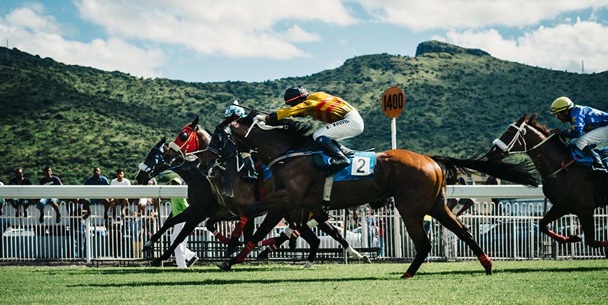The Origins of Horse Racing and Its Early Development
 Horse racing dates back thousands of years, with evidence suggesting that chariot races were a major spectacle in ancient civilizations such as Greece, Rome, and Egypt. The Olympic Games featured equestrian events as early as 648 BCE, showing the sport’s deep historical roots. These early competitions were more than just entertainment; they were a display of power, skill, and superior breeding techniques.
Horse racing dates back thousands of years, with evidence suggesting that chariot races were a major spectacle in ancient civilizations such as Greece, Rome, and Egypt. The Olympic Games featured equestrian events as early as 648 BCE, showing the sport’s deep historical roots. These early competitions were more than just entertainment; they were a display of power, skill, and superior breeding techniques.
The transition from chariot racing to mounted horse racing marked a turning point in equestrian history. By the 12th century, horse racing was a prominent sport in medieval England, often organized by royalty. Jockeys became a crucial part of racing, refining techniques that would eventually influence modern equestrian sports. The use of saddles, stirrups, and specialized training regimens emerged during this period, setting the foundation for competitive riding today.
The Influence of Horse Racing on Breeding Standards
Horse racing has played a key role in shaping the standards of modern horse breeding. The introduction of the Thoroughbred breed in the 17th century, derived from Arabian, Barb, and Turkoman bloodlines, revolutionized the industry. Selective breeding has since focused on enhancing speed, endurance, and agility, traits that are now essential in not just racing, but also in eventing and show jumping.
Beyond racing, the genetic lineage of racehorses has influenced a variety of equestrian disciplines. Breeds like the Quarter Horse, known for its sprinting abilities, and the Standardbred, specialized for harness racing, trace their lineage to Thoroughbreds. The ongoing pursuit of the perfect bloodline has significantly shaped modern equestrian culture, as breeders continue to refine characteristics that originated from the racing world.
The Grand National and Other Prestigious Events
First run in 1839, the Grand National remains one of the most celebrated horse races in the world. Known for its challenging fences and grueling four-mile course, this race has cemented itself as a defining event in equestrian history. Horses like Red Rum, who won the race three times in the 1970s, have become legendary figures, shaping the public’s perception of the sport.
Dubbed “The Most Exciting Two Minutes in Sports,” the Kentucky Derby has been a staple in American horse racing since 1875. Beyond its significance as a competition, the event has influenced fashion, breeding, and betting culture on a global scale. Prestigious events like these not only uphold racing traditions but also contribute to the economic growth of the equestrian industry.
Training Techniques Derived from Horse Racing
Horse racing training methods have long focused on optimizing stamina, speed, and physical conditioning. Interval training, gallop workouts, and resistance exercises—developed for racehorses—are now widely used in disciplines such as dressage, show jumping, and endurance riding.
Riding techniques in competitive sports have been heavily influenced by horse racing. The modern forward seat, developed by Italian cavalry officer Federico Caprilli, was inspired by jockeys’ positions during races. This method enhances balance and minimizes interference with the horse’s natural movement, a principle that remains essential in equestrian sports today.
Horse Racing’s Cultural Influence Beyond the Track
Horse racing events like Royal Ascot and the Kentucky Derby have significantly influenced fashion, particularly with their association with elegant attire and extravagant hats. These traditions have transcended the racecourse, becoming part of mainstream fashion culture.
Horse racing has also made its way into entertainment industries, inspiring movies, literature, and video games. Today, some of the best online UK casinos offer horse racing-themed games, ensuring the sport’s legacy continues in the digital realm. This connection highlights horse racing’s enduring appeal across different forms of entertainment.
The Future of Horse Racing and Its Continued Evolution
Advancements in technology have transformed the horse racing industry, from high-tech training equipment to biometric monitoring for improved equine health. These innovations are shaping the future of competitive racing and equestrian sports.
With the rise of digital entertainment, virtual horse racing has gained traction among fans and bettors alike. This new form of racing blends traditional equestrian culture with modern gaming trends, ensuring that the sport continues to evolve in new and unexpected ways.
Horse racing has left an undeniable mark on the equestrian world, influencing breeding, training, and even popular culture. As it continues to evolve, it is legacy will undoubtedly remain a driving force behind modern equestrian traditions.
